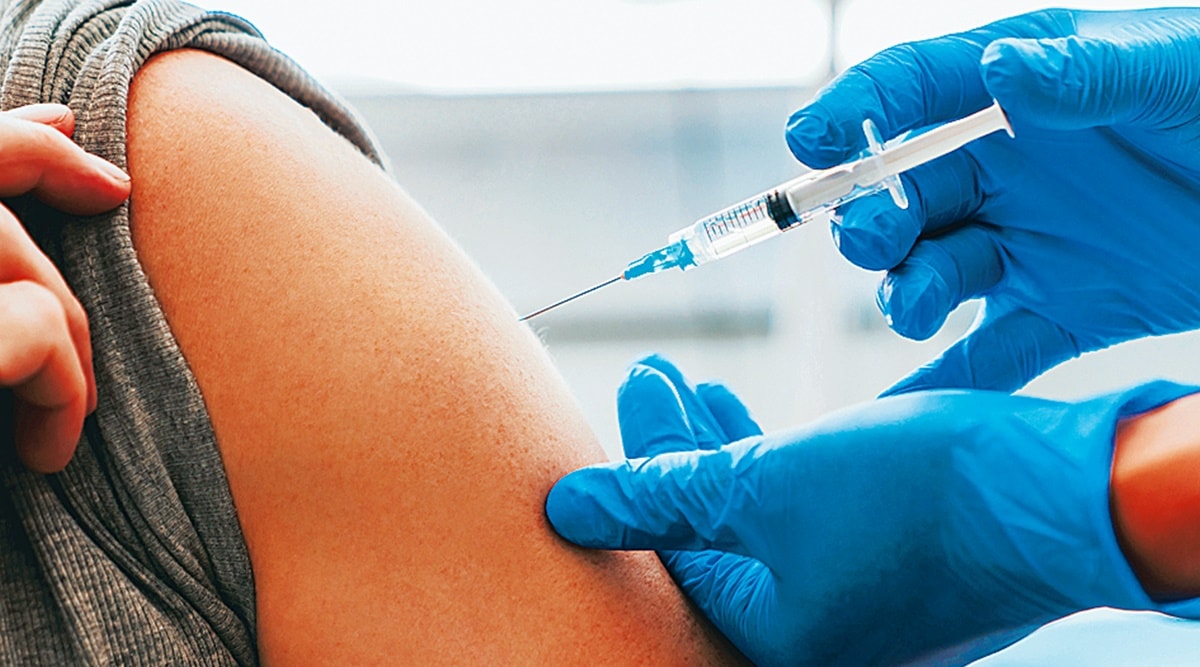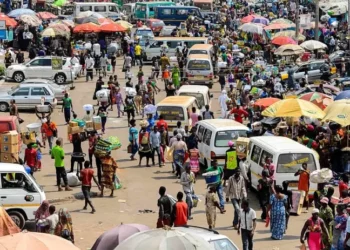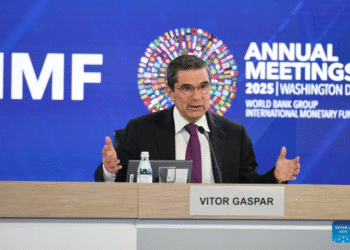Fitch Solutions still expects Ghana to be among the fastest growing economies in the Sub-Saharan African Region this year. As such, the Global Rating Agency has maintained that Ghana’s economy will expand by 4.8 percent in 2021.
The current projection in the August 2021 edition of Fitch Solutions West Africa Monitor Report is the same as the forecast for the country in the July 2021 edition.
The strong projections for West Africa’s second largest economy is underpinned by expected strong rebound in business investment and private consumption later in the year. According to the Global Rating Agency, spending is likely to pick-up in the second half of the year as the economic recovery gathers momentum, resulting in greater demand-side inflationary pressures.
“We expect that the rise in private consumption and business investment in the coming months will result in robust real GDP growth of 4.8% in 2021, as against 0.4% in 2020”.
Fitch
The current projection is however, lower than the government’s forecast of 5.1% in 2021, up from an earlier forecast of 5.0%.
Vaccine roll outs
Also, Fitch expects Government spending to remain elevated in the coming quarters, and support the economic rebound. This strong rebound in the remaining quarters will thrive on the government’s vaccination exercise which is expected to gain momentum.

“We expect growth to accelerate in the coming months as the government further relaxes social distancing rules. Restrictions were tightened in quarter one 2021 in response to a second wave of infections, and have remained fairly stringent since then.
“Although the pace of vaccinations slowed in late quarter two 2021 as a result of supply and distribution challenges, we expect the programme to gain momentum in second half year of 2021, thus facilitating greater reopening and a rise in consumer and business confidence”.
Fitch
Size of the economy
Cumulatively, Fitch expects the size of the Ghanaian economy to increase to $78.3 billion this year from an earlier forecast of $70 billion. This revision in the country’s nominal GDP will translate into a per capita income of $2,466, according to the Rating Agency.
Last year, the size of the economy or the total value of goods and services produced within the economy was estimated at $72.4 billion. This translated into a per capita income of 2,328 dollars. All things being equal, this should mean that the wellbeing of Ghanaians will improve marginally this year. But, the extent to which this indicator measures wellbeing has attracted much criticism from development economists the world over.
Nevertheless, per the recent forecast, Ghana still remains the 8th largest economy on the African continent and the 2nd in West Africa.
2022 forecast
Even though the strong rebound is expected to continue in 2022, the Rating Agency expects this to be lower than the forecast for 2021. Specifically, the country’s GDP growth rate is expected to shrink slightly by 0.3% to 4.5% in 2022.
The gradual fading of the base effect from the economic downturn in 2020 as a result of the COVID-19 pandemic is expected to impact growth next year. However, Fitch anticipates the 2022 growth to anchor heavily on the expansion in the agriculture and services sectors, particularly recovery in the hospitality sub- sector.
The sub-sector which is one of the hardest hit globally, is expected to rebound strongly as travel restrictions are being lifted amid mass vaccine roll outs.
READ ALSO: Germany, an inspiration to Ghana- Prez






















